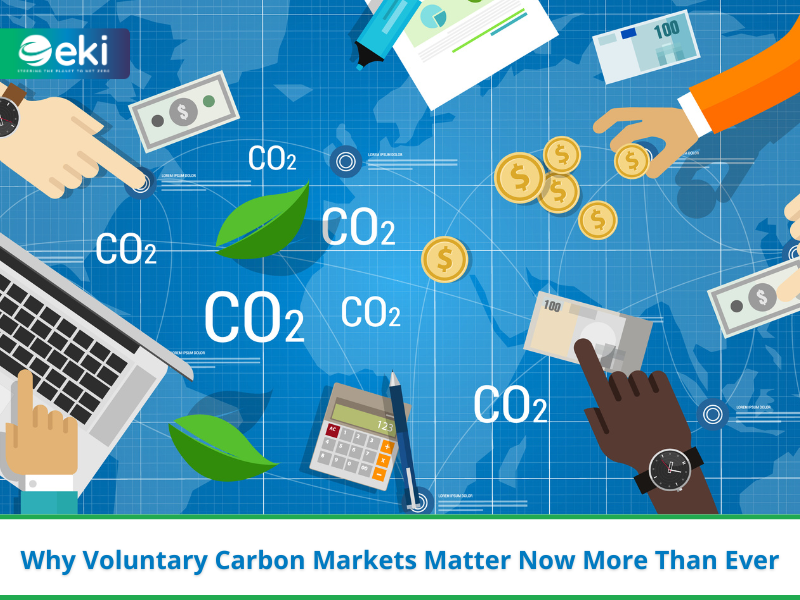International economic cooperation plays a crucial role in driving climate change mitigation and adaptation efforts. Climate change is a global challenge that disregards national borders and poses significant risks to economies, ecosystems, and societies worldwide. Rising temperatures, extreme weather events, sea-level rise, and shifts in climate patterns affect communities and ecosystems regardless of their geographic location and economic status. The interconnectedness of these challenges underscores the imperative for nations to come together and work collectively to combat this global crisis.
It is through this collective effort that we can address climate change comprehensively and work towards sustainable solutions that benefit the global community. International economic cooperation is not just a matter of environmental stewardship but also a strategic and economic imperative. By joining forces, nations can harness their collective strengths to implement policies, regulations, and investments that drive climate change mitigation while reducing climate vulnerabilities and creating opportunities for sustainable economic growth.
Resource and Technology Sharing
Economic cooperation allows countries to pool resources, both financial and technological, to invest in renewable energy, green hydrogen, energy efficiency, and sustainable infrastructure projects. This shared investment can accelerate the transition away from fossil fuels and reduce greenhouse gas emissions. Collaborative efforts can additionally facilitate the transfer of clean and sustainable technologies from developed to developing countries. This helps emerging economies adopt more climate-friendly practices and reduce emissions more rapidly.
Developing countries often lack the technical expertise and institutional capacity to implement effective climate policies. International cooperation can support capacity building efforts, enabling nations to better address climate change challenges.
Carbon Trading
International agreements, such as carbon pricing mechanisms and emissions trading schemes, are closely related to international cooperation for sustainable climate mitigation efforts. These agreements provide a platform for countries to align their efforts in addressing climate change. By setting emissions reduction targets collectively and establishing mechanisms for trading carbon credits, nations can work together towards a common goal of reducing global greenhouse gas emissions.
Carbon pricing and emissions trading are tools that promote emissions reductions in the most cost-effective manner and mobilize the much needed participation of businesses in climate mitigation. This means that countries can achieve their reduction targets while minimizing the economic impact. By trading carbon credits, nations with lower-cost emissions reduction opportunities can help those facing higher costs, fostering global emissions reductions efficiently. This creates economic incentives for emissions reduction and encourages the private sector as well to invest in cleaner technologies and practices.
Participating in international agreements allows countries to learn from one another’s experiences. They can see what policies and measures are working in different contexts and adapt them to their own needs, accelerating progress towards sustainable climate mitigation.
Green Finance
Economic cooperation among nations can lead to the creation and promotion of green bonds being financial instruments that are specifically earmarked for projects with environmental benefits, such as renewable energy infrastructure, energy-efficient buildings, sustainable agriculture, and clean transportation. By fostering the issuance of green bonds, countries can attract investments from both public and private sources into these environmentally friendly projects. This not only bolsters sustainable development but also provides an avenue for investors to support climate-conscious initiatives while earning returns on their investments.
Collaboration on a global scale can lead to the establishment of climate funds. These funds pool financial resources from multiple countries and organizations to support climate adaptation and mitigation projects, particularly in developing nations. Climate funds are instrumental in addressing the financial barriers that often hinder the implementation of climate-resilient projects in vulnerable regions.
These mechanisms offer a practical means of channeling investments into climate-resilient and low-carbon projects, fostering sustainable development, and mobilizing private sector funding for climate mitigation. Through collaborative efforts, nations can harness the power of finance to address climate challenges comprehensively and expedite the transition to a more sustainable and resilient future.
Agreements and Harmonization
Cooperation allows countries to align their climate policies, regulations, and standards. Such a progress would reduce market fragmentation and create a more predictable environment for businesses to invest in sustainable technologies and practices for a greener future of the planet.
International climate agreements, like the Paris Agreement or Kyoto Protocol, provide a framework for countries to commit to specific emission reduction targets and regularly review progress. Such agreements set a global agenda for climate action and encourage nations to ramp up their mitigation efforts. The upcoming COP28 is also expected to bring out substantial results for the future of climate finance and international cooperation.
Future Prospects:
The prospect for international economic cooperation in driving climate change mitigation efforts are highly promising. As the global community continues to grapple with the urgent challenges posed by climate change, collaborative efforts are expected to intensify. Nations are likely to strengthen their commitment to international agreements further and harmonization of climate policies, setting ambitious emission reduction targets and fostering a predictable environment for sustainable investments.
Green finance mechanisms, such as green bonds and climate funds, are poised for significant growth, channeling substantial investments into climate-resilient projects. Carbon pricing and emissions trading schemes will become more widespread, incentivizing emissions reductions and driving global efforts towards a low-carbon future.
Innovative technology sharing and capacity-building initiatives will empower developing nations to accelerate their climate action. International economic cooperation is set to play a pivotal role in shaping a more sustainable, resilient, and prosperous future for the global community, with the upcoming COP28 expected to yield substantial results in this transformative journey.










